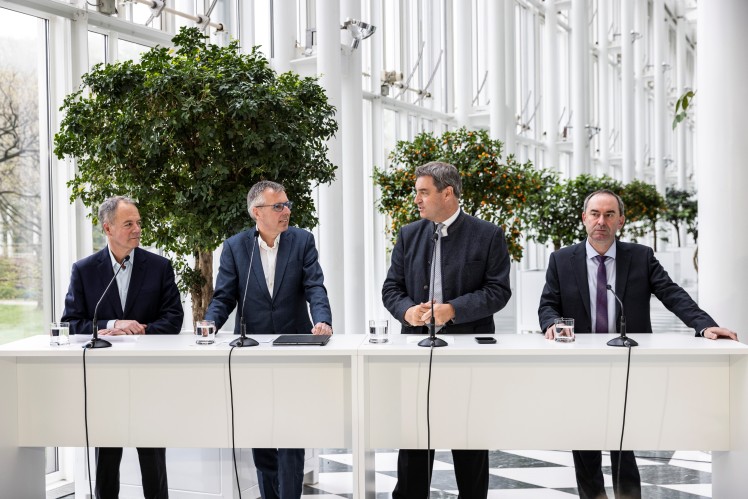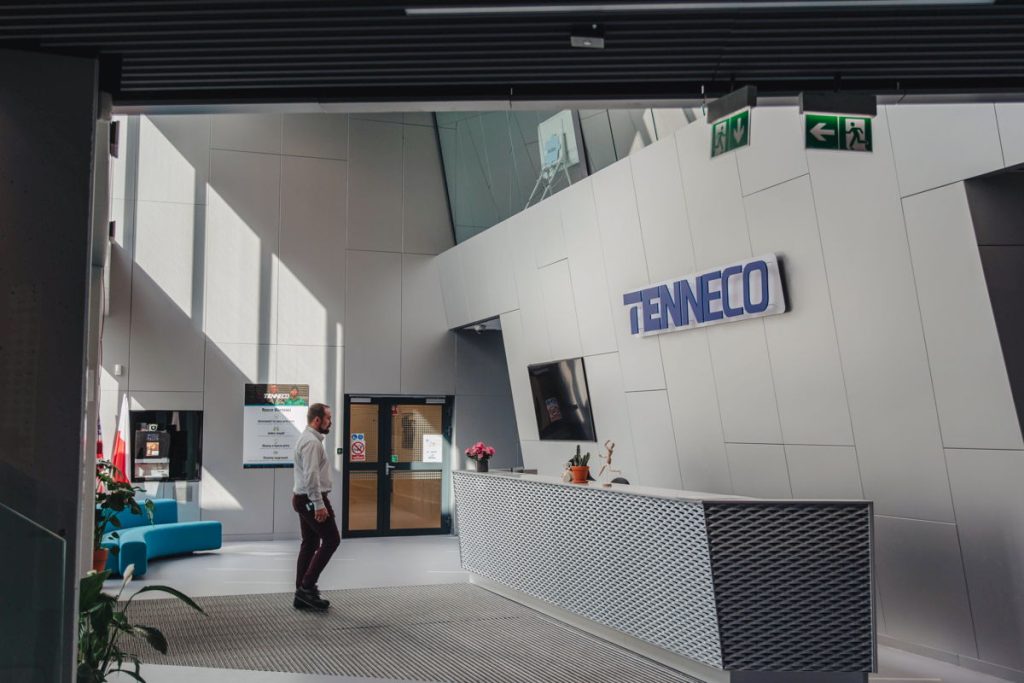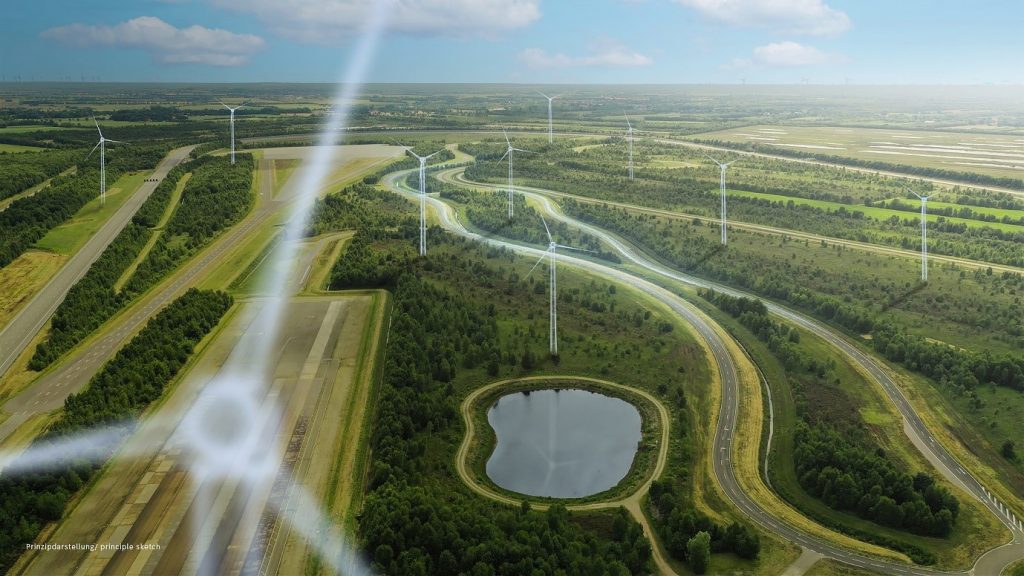
As part of a strategic partnership announced earlier this year, supplier ZF and silicon carbide specialist Wolfspeed plan to establish a joint European R&D centre for power electronics in Nuremberg, Germany.
The new facility is supported by the German federal government and the regional government of Bavaria. Like the planned Wolfspeed silicon carbide chip factory in Ensdorf, Saarland, funding for the new centre is subject to approval by the European Commission under the EU’s Important Project of Common European Interest (IPCIE) scheme. Prior approval by relevant authorities is also required.
The aim is to develop the two facilities to become the cornerstone of a new European silicon carbide technology network. Construction will begin after IPCIE funding approval has been secured for both projects, which is expected later this year. The goal of the collaboration is to develop innovations for silicon carbide systems, products, and applications, covering the full value chain from module to complete systems and thus reducing time to market significantly.
The centre will target requirements in all mobility segments including consumer, commercial, agricultural, and industrial vehicles, as well as in the industrial and renewable energy markets. The collaboration aims to drive improvements such as higher efficiency, increased power density and higher performance of electrification solutions. Wolfspeed’s silicon carbide expertise and ZF’s access to all mobility segments allows for a fast and seamless transition of new technology, the pair said.
ZF and Wolfspeed are working with other organisations from the scientific and industrial communities to establish a comprehensive European silicon carbide technology network. ZF will use its membership in the European Centre of Power Electronics (ECPE) and share key research results at the European level. Over time the research centre is planned to develop into an electronics and semiconductor campus.
Holger Klein, CEO of ZF, said: “Optimising Silicon Carbide technology advances industrial transformation and strengthens the independence of European supply chains.”





